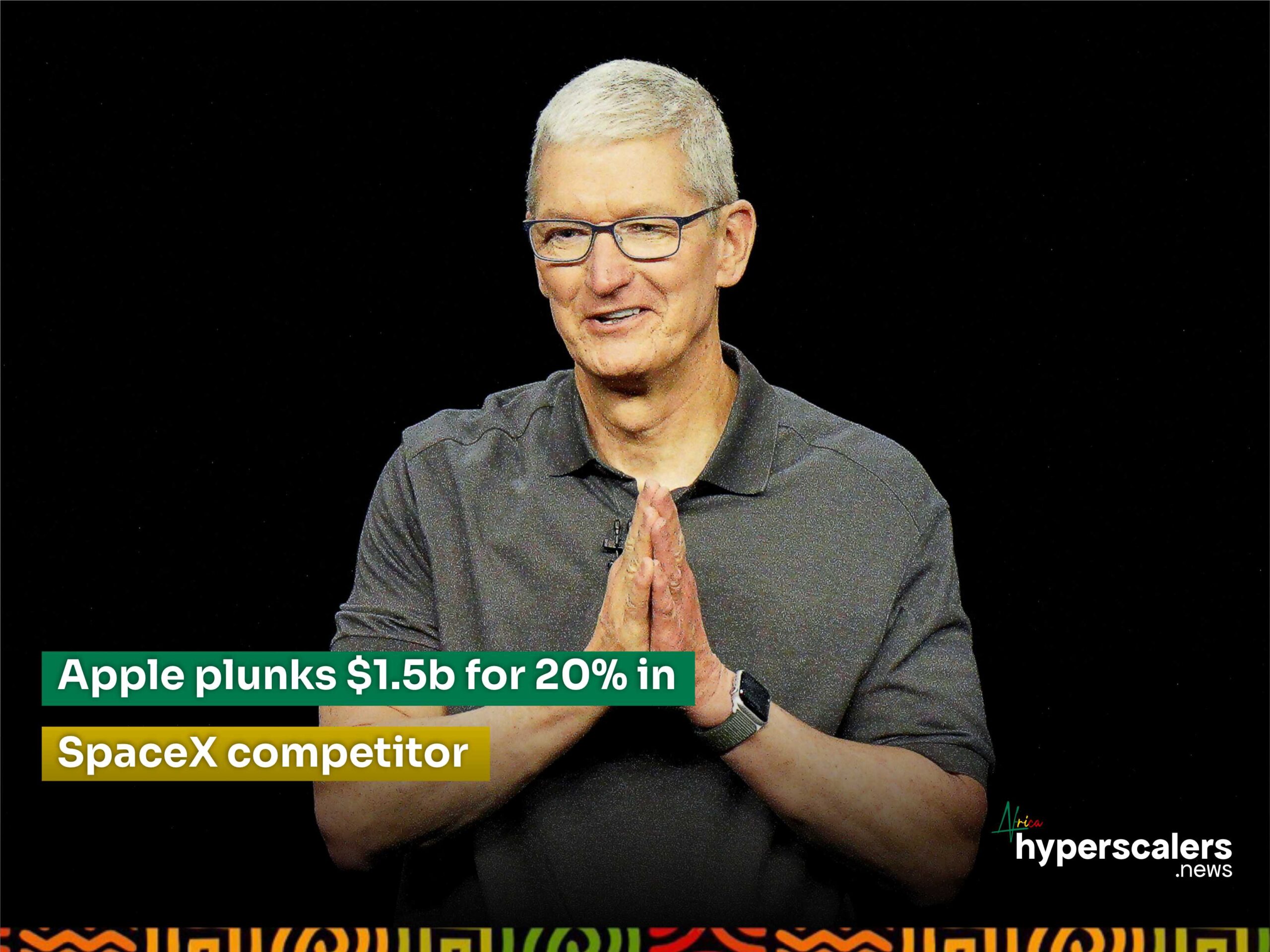Apple is making a big move to enhance its iPhone’s emergency connectivity by investing $1.5 billion in Globalstar, the satellite operator responsible for providing SOS and messaging capabilities when cellular networks are unavailable. This major investment will give Apple a 20% stake in Globalstar, where it has agreed to pay $400 million for 400,000 Class B shares, along with an additional commitment of $1.1 billion to fund new satellite projects. This could eventually bring Apple’s total investment to $1.75 billion.
Since 2022, Globalstar has been powering emergency satellite connectivity for iPhone models 14, 15, and 16. As part of this new deal, the satellite provider will allocate a whopping 85% of its network capacity exclusively to Apple, underscoring the strategic importance of this partnership.
Apple’s investment will also help Globalstar manage its existing debt, with $232 million allocated for debt reduction. The remaining funds are set to finance the expansion of Globalstar’s satellite network and infrastructure upgrades. According to a recent filing with the U.S. Securities and Exchange Commission on November 1, this investment could more than double Globalstar’s annual revenue once the expanded services are launched.
Paolo Pescatore, an Analyst at PP Foresight, weighed in on the move, saying, “Satellite is literally the next frontier as all scramble to provide users with robust and reliable connectivity. Apple is slowly but surely showing its hand with this latest move underlining the importance of satellites. Furthermore, it is a strong endorsement of Globalstar’s capabilities.”
The expanded satellite capabilities won’t stop at basic emergency messaging. Apple reportedly has bigger plans, including support for data services and potentially even voice and video calling.
Globalstar’s current fleet consists of 31 L-band satellites. To meet Apple’s growing needs, 26 additional satellites are now in production, with 17 slated for launch in 2025. Canadian satellite manufacturer MDA is constructing these 17 satellites, with options for nine more if needed, and SpaceX is expected to handle the launches. Apple’s funding could even pave the way for an additional 40 to 80 satellites, depending on future technical demands.
Following the announcement, Globalstar’s stock saw a significant increase, jumping by 31.43% on November 1 to close at $1.38 per share, giving the company a market valuation of $2.6 billion.
While most of Globalstar’s capacity is reserved for Apple, the expanded satellite network will still support the company’s legacy tracking and monitoring services. This comes at a time when competition in satellite connectivity is heating up, with rivals like SpaceX and AST SpaceMobile working on their own low Earth orbit (LEO) constellations to offer satellite-based messaging, voice, and data services directly to mobile users across the globe.
Apple’s significant investment marks a shift in its connectivity strategy and signals a growing commitment to robust, satellite-powered communication solutions for its users.





